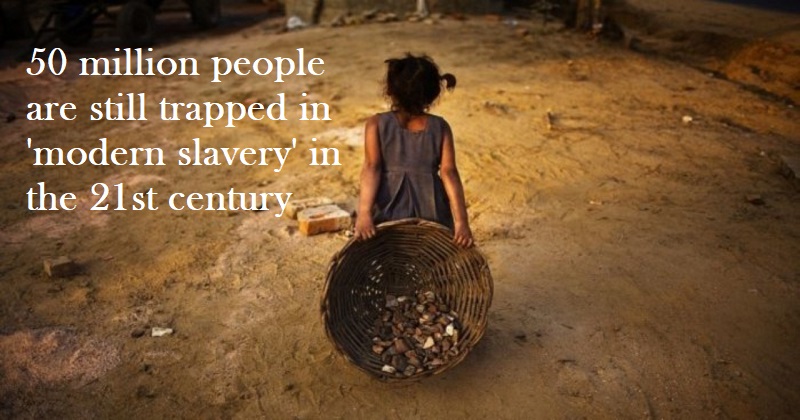
Slavery was a scourge in human history in which individuals were held by others or considered as property without the rights of a ‘free person’. Isn’t this a threat that no longer exists in the current world? According to the United Nations, this is known as ‘modern slavery’.
Hundreds of thousands of people worldwide are subject to forced labour or forced marriage, according to the UN’s International Labour Organization (ILO). It warns that the number of these people has substantially increased in recent years. Between 2016 and 2021, the number of people subjected to forced labour and forced marriage increased by 10 million despite the United Nations’ 2030 deadline to eradicate modern slavery.
According to the most recent figures, there were 27.6 million persons forced into forced labour in 2021, more than 3.3 million of them were children, and 22 million who were forced into forced marriage. That means that nearly one out of every 150 people worldwide is a victim of modern-day slavery. One in every five persons forced to labour is a kid, and the poll found that more than half of them are involved in commercial sexual exploitation.
According to the research, women and children are the most vulnerable categories. As per the ILO, migrant workers were more than three times more likely to encounter forced labour than domestic workers, with more than half of all cases happening in upper-middle-income or high-income nations.
The report mentioned Qatar in the run-up to the FIFA soccer World Cup, which begins in November. The country is under scrutiny for allegedly breaking labour regulations in regard to migrant workers. The ILO study also mentioned concerns regarding forced labour in several regions of China. ‘Nothing can excuse the continuation of this serious violation of human rights,’ said Guy Ryder, director-general of the International Labour Organization (ILO).

Post Your Comments